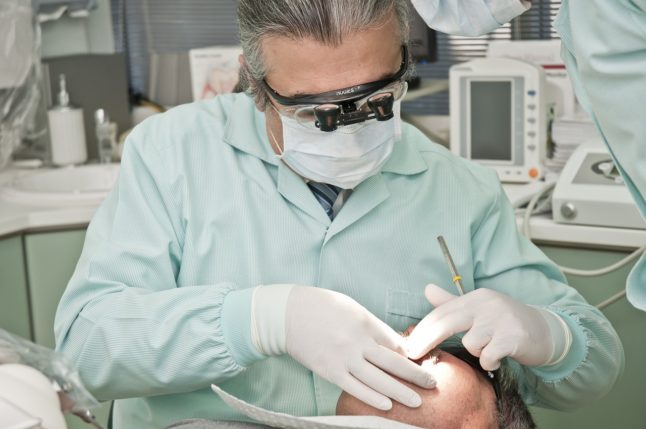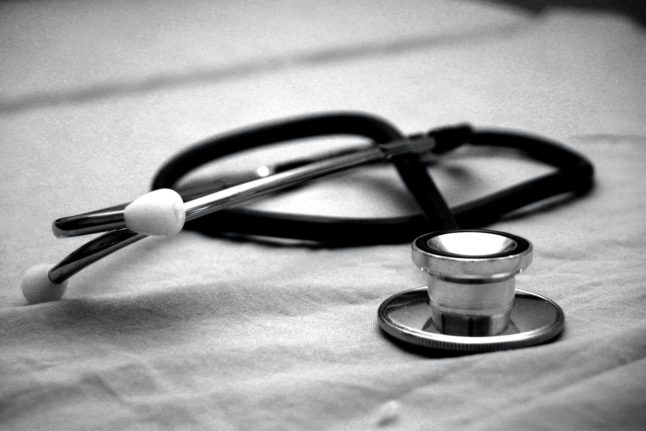Austria’s social security system for self-employed workers, traders, and farmers has a new campaign to incentivise preventive health care. People insured with the SVS and their co-insured family members can get a one-time €100 payment just by going to the dentist in 2024.
“The SVS provides targeted incentives and ‘rewards’ those who take responsibility for their health,” said the insurer, which is now launching the “Smile Together” (Gemeinsam lächeln) health campaign.
According to the insurer, All SVS customers who use a dental service in 2024 will receive a one-off bonus of €100. The initiative, which is also available for co-insured family members, is intended to motivate SVS customers to have regular dental check-ups and thus promote the change towards effective preventive care in the dental sector.
READ ALSO: What I wish I knew before becoming ‘new self-employed’ in Austria
How can I get the €100 bonus?
The payment is awarded to insured people and eligible relatives who make use of a dental service by December 31st this year. To participate in the campaign, people need to confirm their registration online via the SVSGO website.
Insured people can receive the bonus a maximum of one time for themselves and once for each family member entitled (you can also check on the website which of your family members are co-insured with you).
The bonus payment is made automatically after a visit to the dentist. If you go to a public dentist, SVS is notified via the e-card data and sends the money to the account specified when you registered for the campaign. If you go to a private medical professional, then your SVS will be notified once you submit a fee note for reimbursement with the public insurer.
The one-off health bonus of €100 as part of the “Smile Together” campaign is not subject to income tax or VAT.
Can I get the bonus even if I already went to a dentist this year?
Yes. You will still need to confirm participation via the SVSGO website and submit your bank details to receive cash benefits. Once you do that, payment will be made automatically to the bank account you submitted.
Can I take part in the campaign if I have multiple insurance?
Yes. If you or a family member are insured with, for example, SVS and ÖGK, the bonus is automatically transferred once SVS is billed for the dentist visit (or you submit a fee from a private doctor).
READ ALSO: How freelancers in Austria can pay four times less in social insurance
However, if you have multiple insurance – for example, a child who is insured by SVS and ÖGK via their father and mother – and the dental service was claimed via another health insurance provider, so the fee was never submitted to the SVS, you can still get the bonus. You’ll need to send additional information to SVS using this FORM.
Can I take part in the campaign as a pensioner?
Yes, as long as you have health insurance with SVS.
Do co-insured family members have to register separately for the campaign?
No, registration for the campaign via the website is only possible via the primary insured person.
When is the bonus paid out?
The e-card that is inserted at the dentist’s – or the fee note submitted by the dentist of choice – serves as the basis for payment of the “Smile Together” health bonus.
However, the health bonus is not paid out immediately after the visit to the dentist, but “probably” at the end of the quarter following the visit, SVS said. In the case of elective dentist bills, payment depends on the time of submission for reimbursement.



 Please whitelist us to continue reading.
Please whitelist us to continue reading.
Member comments